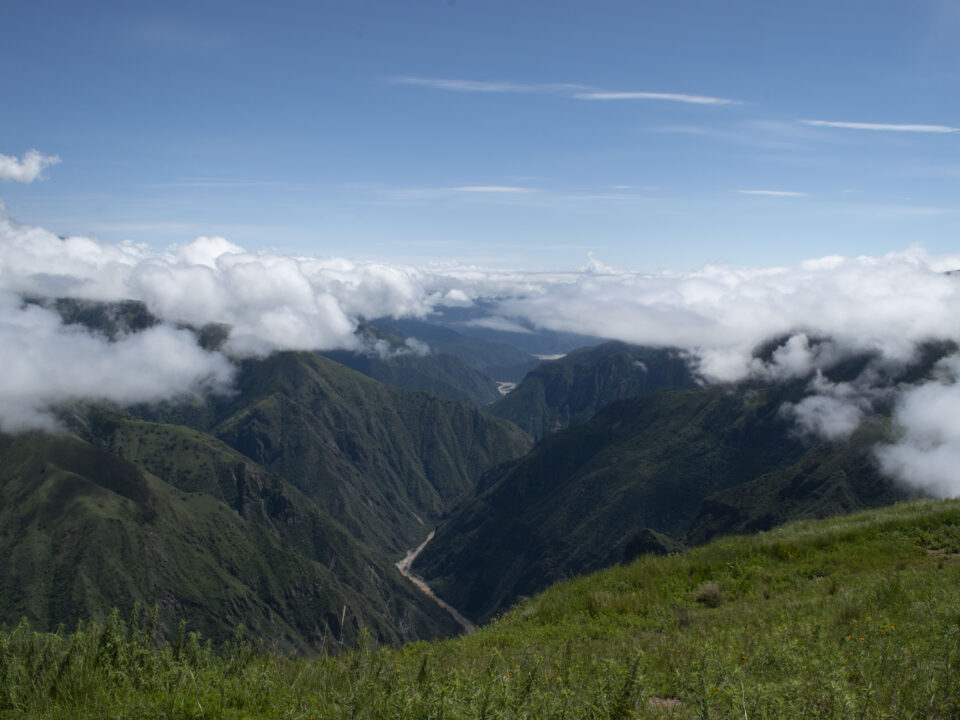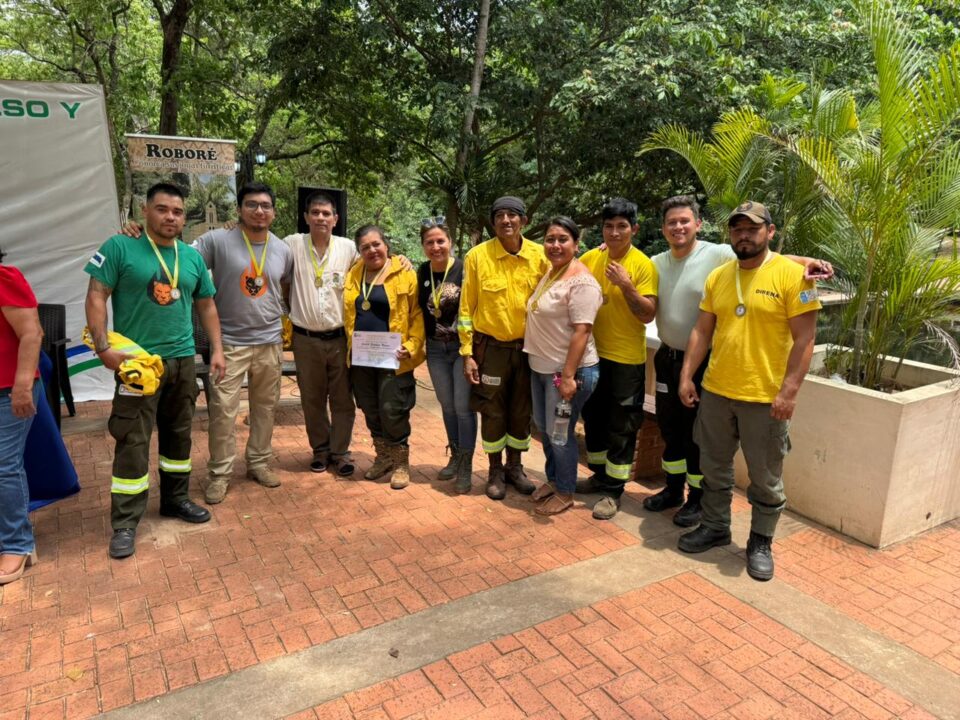THE LAST TRIP

EL ÚLTIMO VIAJE
7 julio, 2023
CHAJÁ 92
11 julio, 2023John Burton’s spirit now lives in the chaqueño forest and in the Natural Reserve Palo Santo. His wife Viv has spread John Burton’s ashes so now they can sail in the middle of one of the places where he loved live the most, The Great American Chaco.

Viv, John Burton´s wife
Viv opened hers hands as a sacred ritual. At that moment, her husband’s ashes were scattered in the infinity of the Palo Santo Reserve. John had started his final flight into the entrail of the Chaco forest; the energy of nature was waiting for him and now his spirit is one with the land that he always knew would return, since then, the Palo Santo Natural Reserve will never be the same again.

Reserva Palo Santo
Long time ago, John wrote: “There are a few habitats in the world like the Gran Chaco. It has an extreme environment that supports impenetrable forests, grasslands, arid deserts, and wetlands. Yet the importance of this ecosystem is still misunderstood and overlooked, and it is being destroyed before our eyes. The Chaco is home to more large mammals than the Amazon, including the giant anteater, giant armadillo, and jaguar, as well as the Chaco peccary, giant otter, and crowned solitary eagle.” For NATVA, the decision made by Jonh’s wife Viv, who witnessed her husband’s love for the Great Chaco, was a huge surprise, honor and privilege.Viv crossed the old continent and the Atlantic with the mission of coming to this side of the world. She came to this side of the world to spread the ashes in one of the lagoons of the reserve and now also the named “John Burton Station”. She was accompanied by friends who were inspired by John, founder of the World Land Trust (WLT) and who was also Executive Director for 30 years. In his fascination for the Chaco, John supports and works with many institutions in Paraguay, Bolivia and Argentina, all with a common goal: to contribute to the conservation of our Gran Chaco. In this way, John together with other institutions such as IUCN NL were decisive so that the purchase of the Palo Santo Nature Reserve could materialize, destined to protect in perpetuity a representative sample of the Chaco dry forest and safeguard the vital habitat for plants and animals. But also for many indigenous peoples who live in this warm Ecoregion; Palo Santo is located in the heart of the Gran Chaco, on the majestic Pilcomayo River and very close to the borders with Paraguay and Argentina. From now on, NATIVA assumes the challenge, the responsibility and the commitment to contribute to fulfilling the dreams of John and of many other people and institutions that seek to advance in the research and conservation of a superlative ecosystem but at the same time highly vulnerable, little known in the world, which suffers serious threats, especially anthropogenic. Likewise, the Palo Santo Natural Reserve is now called the «John Burton Station» for research and conservation of the Great Chaco, as a tribute and recognition to a visionary man who assumed and recognized the value of the Chaco.

The morning newspaper The Guardian points out in a report: «conservationist whose creative thinking saved 770,000 acres of habitat threatened by the hand of man.» He characterizes him as an altruistic, energetic, brave and original man… who created a model to prevent habitat loss, instead of simply defending iconic species, which until then had been the main objective of conservationists.

The John Burton Station and Palo Santo Natural Reserve, is a site that in addition to being intended for conservation, plays a fundamental role in the development of different investigations related to better understanding Chaco’s biodiversity, as well as developing strategies and livelihoods. for local populations that are sustainable and resilient to climate change. Whoever prolongs his voice does not die completely, says an old adage, and without a doubt John Burton prolonged his voice, but also his actions throughout the Gran Chaco and other ecoregions of the world through his tireless work to protect nature. John is no longer physically with us, however, his legacy will go down in conservation history as one of those men who gave their lives to care for our common home.





